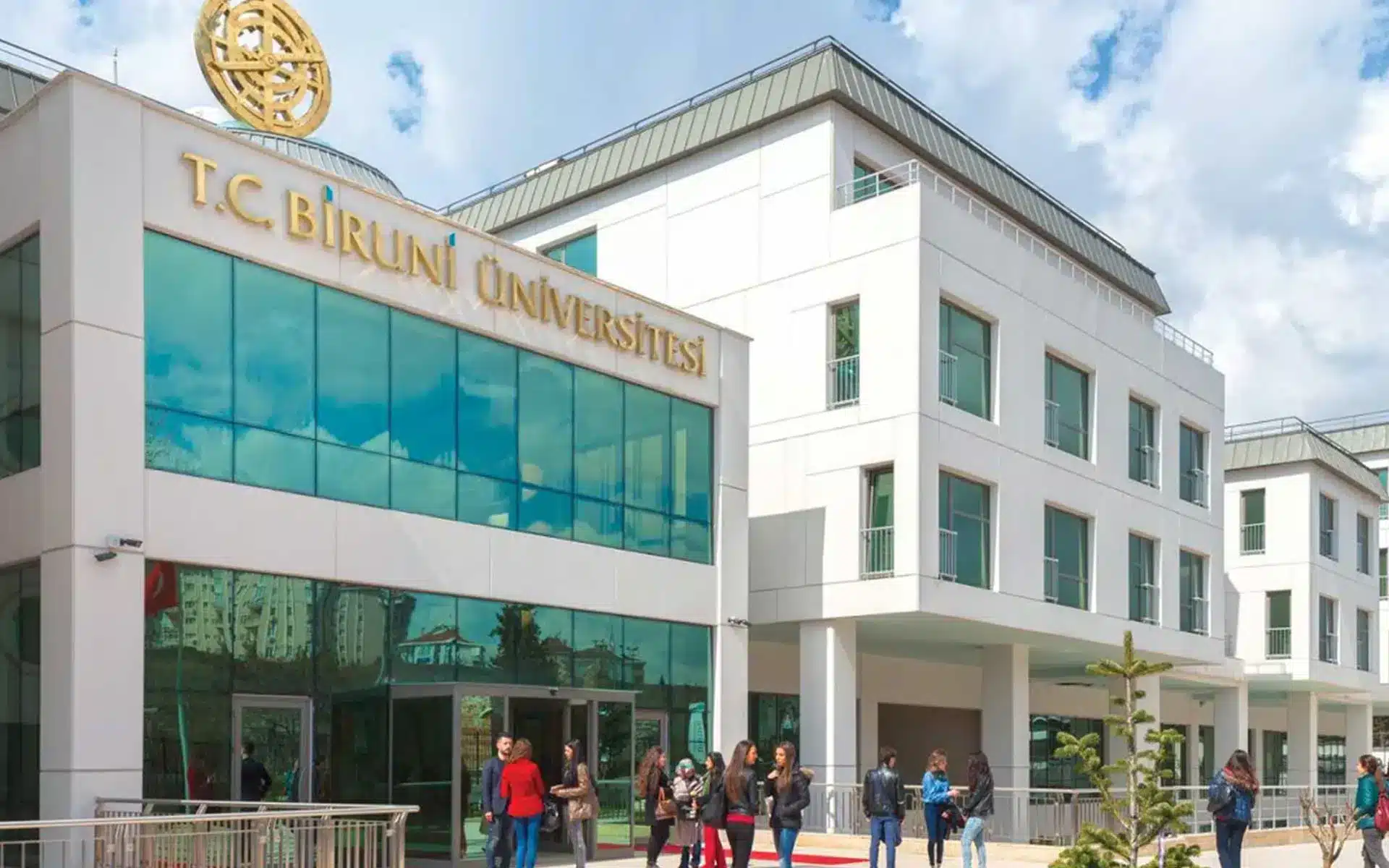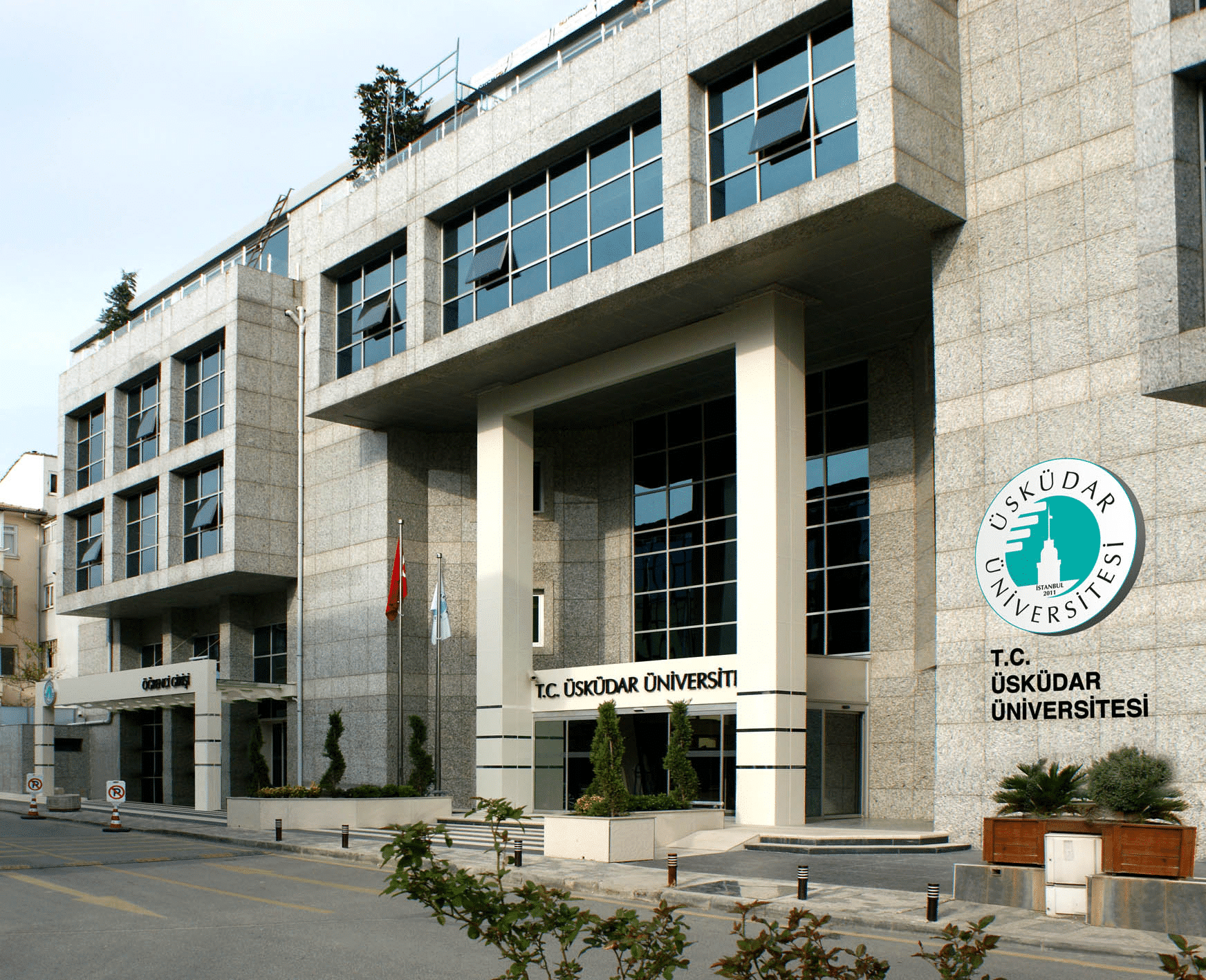Author: devo

How to apply to university in Turkey step by step
Apply to university in Turkey is not just a routine process of paperwork and approvals.…
Read More
Prices of Istinye University and the costs of its programs
Prices of Istinye University are the first thing that students looking to enroll in one…
Read Morecosts of studying at Bahcesehir University
The costs of studying at Bahcesehir University are an investment worth discovering! If you are…
Read MoreAnkara Medipol University fees for all specialties
Ankara Medipol University fees is the first portal to discover an academic world that combines…
Read More
Discover where is Biruni university located in Turkey
Answering the question "Where is Biruni University located in Turkey?" is not merely about pointing…
Read More
What is Istanbul Gelisim University fees?
If you aspire to study in Turkey at a university focused on academic excellence, the…
Read More
Istanbul Medipol University fees
If you are planning to study in Turkey, Istanbul Medipol University is the academic environment…
Read MoreThe admission requirements for Istinye University in Turkey
The admission requirements at Istinye Turkish university are your key to starting an academic career…
Read More
Specialties of Uskudar University and its dvantages
If you are looking for a university that combines academic excellence and diversity in disciplines,…
Read More


